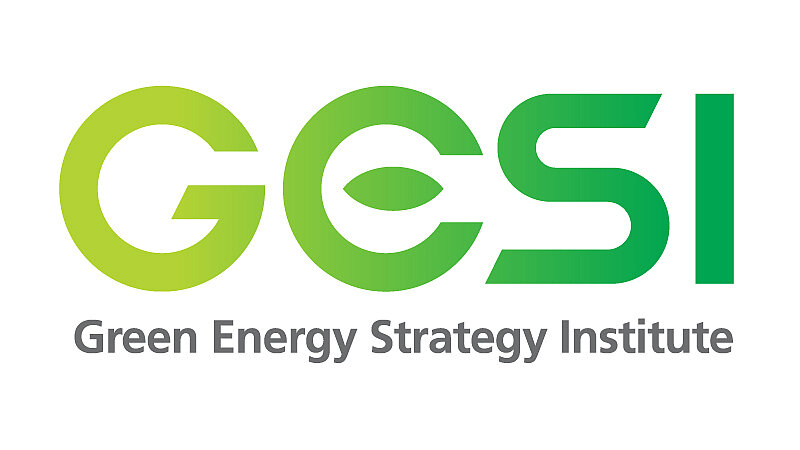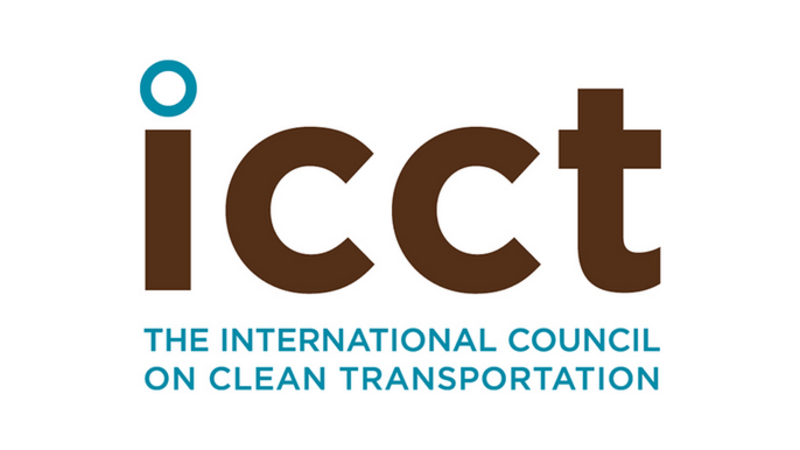This content is also available in: German
Hydrogen
Renewable hydrogen and Power-to-X (PtX) technologies are critical components of the industrial transformation to climate neutrality. Strong policies should ensure its sustainability and availability.
Climate neutrality requires net-zero solutions for all greenhouse gas emitting applications, going beyond the decarbonisation of the power sector. Energy-intensive applications (which cannot be directly electrified) such as industrial processes, shipping and aviation pose a significant challenge for climate neutrality which can be solved with renewable hydrogen.
Ramping up the hydrogen economy, however, poses several challenges. Hydrogen from renewable energy sources is typically unable to compete with fossil-based hydrogen today and will – in the absence of sufficiently high carbon pricing – require targeted policy support. As sustainably produced H₂ is scarce, it is also critical to use renewable hydrogen only in targeted no-regret applications that cannot otherwise be decarbonised.
The transformation will also require specific support for new hydrogen-compatible demand-side technologies, and for the buildup of hydrogen infrastructure and delivery systems. Moreover, renewable energy deployment at speed and scale is required to a) ensure that existing renewable energy capacity is not diverted toward hydrogen generation and b) produce the volume of hydrogen necessary to unlock decarbonisation of no-regret applications.
Definitions of renewable hydrogen vary and while initial steps have been made in this direction, there is currently no globally accepted standard. Similarly, national discussions differ with respect to the types of low-carbon hydrogen that are deemed acceptable transition fuels. Due to the differing regional availability of renewable energy, some countries will need to import hydrogen to reach their net-zero objectives while others see themselves as net exporters. Sustainability standards can play a key role in ensuring that the hydrogen economy unlocks a just and environmentally responsible global energy transition.
Agora contributes to the development of such frameworks. In Europe, we aim to ensure robust standards and policy frameworks for the deployment of renewable hydrogen. We also support renewable-rich countries including Argentina, South Africa and Morocco in analysing the role of hydrogen in their energy systems, the necessary underlying renewable energy expansion and the potential for Power-to-X (PtX) exports in various forms; and we contribute to the development of an effective policy mix of push and pull instruments to promote renewable hydrogen.












